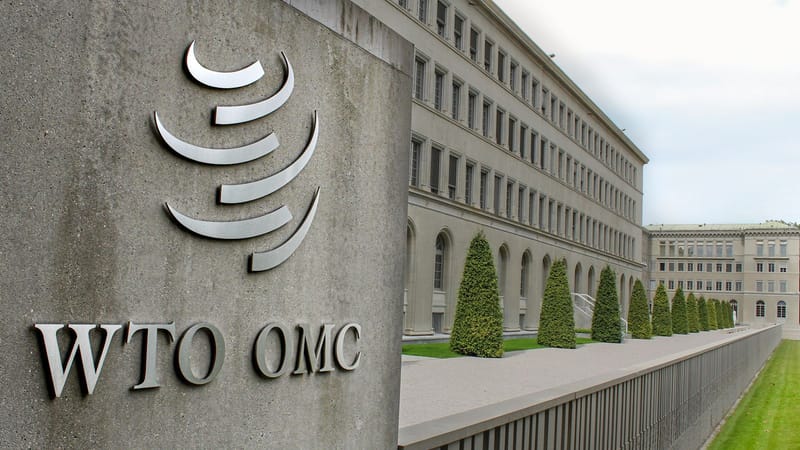Estonia: The Unexpected Tech Hub Leading Europe in Unicorn Startups
Once part of the Soviet Union, Estonia has outpaced established tech hubs like the United States.
In a world where Silicon Valley is synonymous with tech innovation, Estonia stands out as a surprising leader in the number of startups valued over $1 billion per capita, known as unicorns. This small Baltic nation, once part of the Soviet Union, has outpaced not only established tech hubs like the United States and Israel but also rapidly growing regions like Singapore. The story of Estonia's meteoric rise is one of vision, education, and radical reform.
From Soviet Republic to Tech Powerhouse
Thirty years ago, Estonia was grappling with the fallout of Soviet central planning. Its economy was stagnant, heavily reliant on resource extraction with little to no advanced industries. However, Estonia's cultural and historical ties to the Nordic countries, particularly Finland, provided a beacon of what the nation could aspire to.
Realizing that the traditional post-communist route of heavy industries and cheap labor wouldn't close the gap with their Nordic neighbors, Estonia chose a different path. It decided to transform itself into a technology and innovation powerhouse, focusing all efforts on building a new economy centered around emerging technologies.
The Bold Strategy of Education and Digitalization
Estonia's transformation began with a radical overhaul of its education system. In 1996, the Tiger Leap program was launched to integrate technology into schools, ensuring every student had access to computers and the internet by the year 2000. This early exposure to technology was further enhanced in 2012 when Estonia became the first country to teach programming and computer science to elementary school students.
The focus on STEM (science, technology, engineering, and mathematics) education didn't stop there. In 2010, Estonia adopted a revolutionary approach to teaching mathematics, emphasizing problem-solving skills and computational thinking over rote learning. This broad-based educational reform ensured that all students, not just a select few, received a high-quality education, creating a tech-savvy population ready to drive the digital economy.
A Digital Government Fostering Innovation
Estonia's commitment to digitalization extends beyond education. Since the early 2000s, the country has built a fully digital government, where citizens can declare taxes, sign legal documents, vote, and even marry online. By the end of 2024, Estonia aims to have every government service available online, reducing bureaucratic friction and making it easier to start and run businesses.
This digital infrastructure, combined with initiatives like e-residency, which allows foreign entrepreneurs to establish and run companies in Estonia, has created a highly attractive business environment. Starting a business in Estonia can be done online in just 15 minutes, and the flat 20% corporate tax further incentivizes entrepreneurship.
Thinking Global from Day One
One of Estonia's unique advantages is its small market size. With just over a million people, Estonian entrepreneurs are forced to think globally from the outset. Unlike larger European markets, where businesses can sustain themselves domestically, Estonian startups are born with an international mindset, seeking global markets for growth.
This necessity to scale beyond national borders has bred successful global tech companies like Skype, Bolt, and Wise, and has contributed to Estonia's reputation as Europe's startup nation. Estonia's youngest billionaire, the founder of a tech company, epitomizes the success of this strategy.
The Future of Estonia's Tech Ecosystem
Estonia's combination of a tech-savvy population, a supportive government, and a global outlook has created a fertile ground for innovation. As the world continues to digitalize, Estonia's bold decisions and forward-thinking policies are likely to yield even more unicorns, solidifying its position as a leading tech hub.
While Estonia's journey from a struggling post-Soviet state to a beacon of digital innovation is impressive, it also offers valuable lessons for other nations looking to foster tech ecosystems. By prioritizing education, embracing digitalization, and thinking globally, even small countries can achieve outsized success in the global tech landscape.







